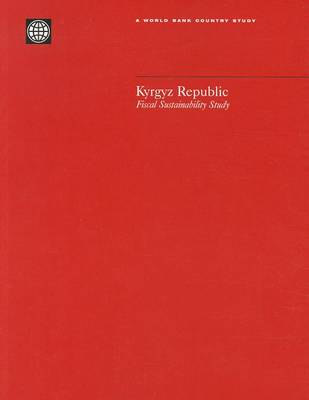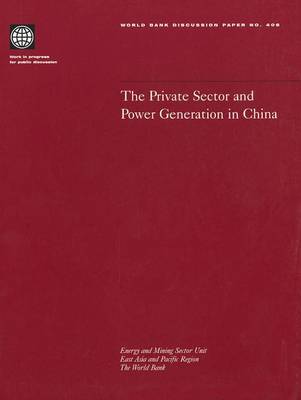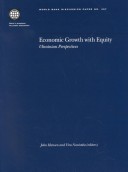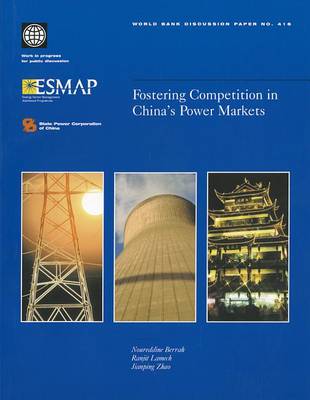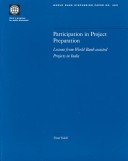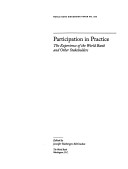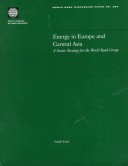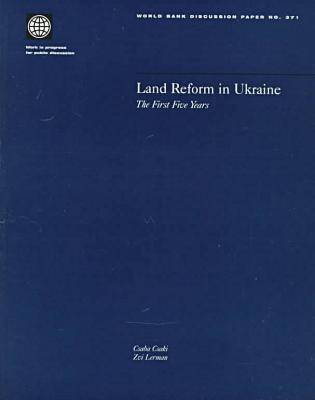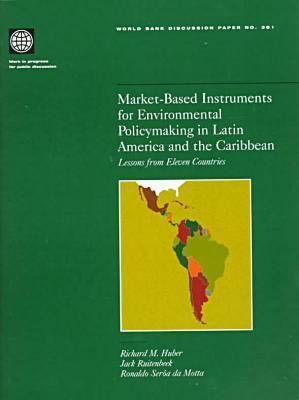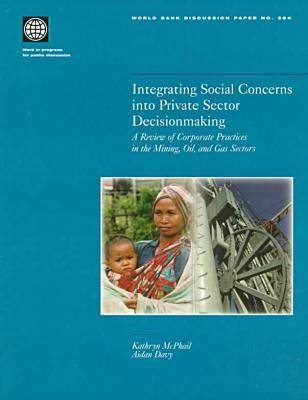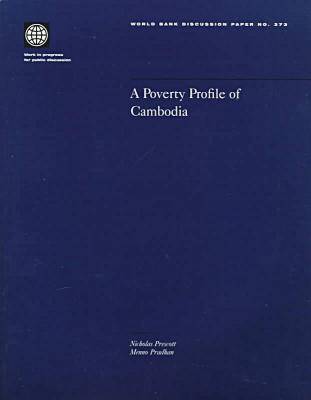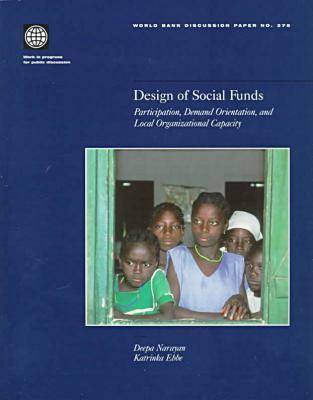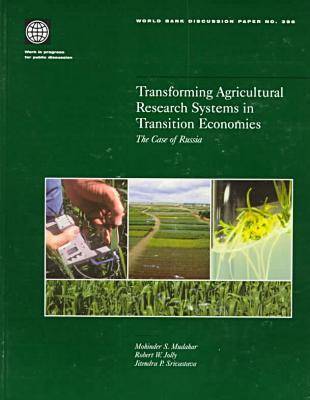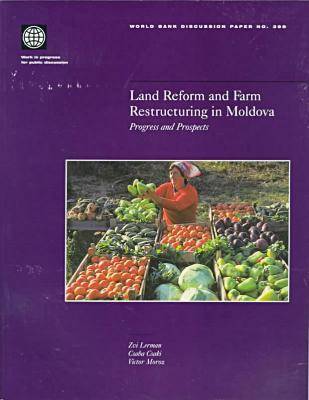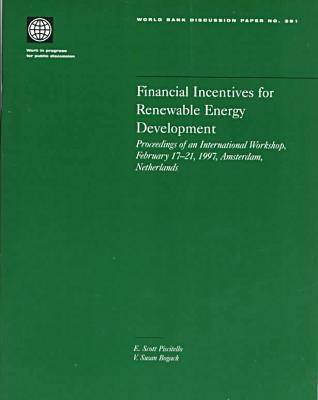World Bank Discussion Paper
7 primary works • 35 total works
Book 394
Book 406
Book 407
Book 416
Fostering Competition in China's Power Markets
by Noureddine Berrah, Ranjit Lamech, Jianping Zhao, and World Bank
Book 422
Book 423
Book 424
Farm Debt in the CIS
by Csaba Csaki, Zvi Lerman, Sergey Sotnikov, and World Bank
No.361.
No. 333.
No.393.
No.371.
No.381.
Market-based Instruments for Environmental Policymaking in Latin America and the Caribbean
by World Bank
Integrating Social Concerns into Private Sector Decisionmaking
by World Bank
No.373.
No.375.
No.359.
Transforming Agricultural Research Systems in Transition Economies
by World Bank
